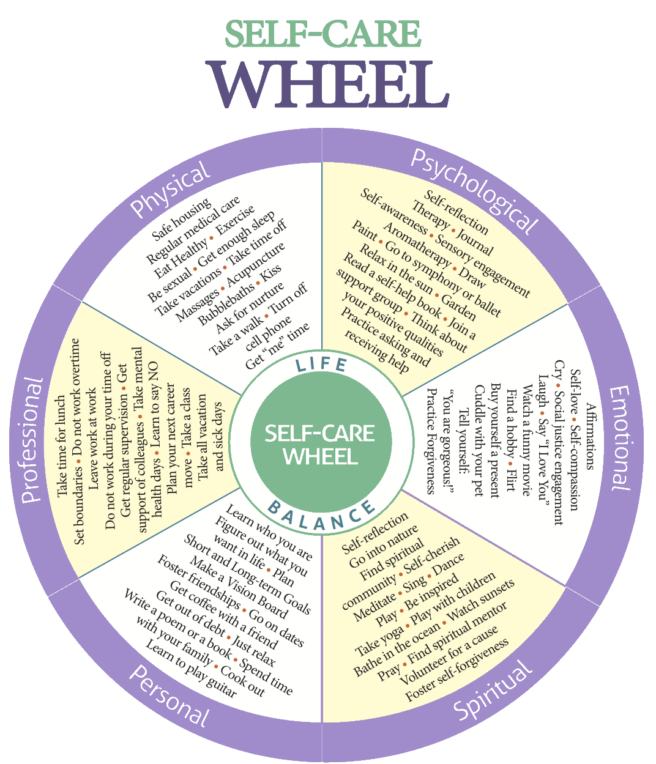A secondary survivor is someone who has an individual in their life such as a family member, friend, colleague, or partner who has experienced intimate partner violence (IPV), and is currently or has previously supported that person in navigating an abusive relationship or within the healing process. Secondary trauma can be incurred when an individual is exposed to people who have been traumatized themselves, disturbing descriptions of traumatic events by a survivor, or others inflicting cruelty on one another. Symptoms of secondary trauma are like those of post-traumatic stress disorder (PTSD).
Secondary traumatic stress is emotional duress that results when and individual hears about the firsthand trauma experiences of another.
| Physical Symptoms |
|
| Emotional Symptoms |
|
| Behavioral Symptoms |
|
Prioritize your own self-care, it is not selfish. We can only help others if we remember to help ourselves along the way.
Acknowledge and validate their feelings
- “How Scary”, “I’m so sorry”, “I’m glad you’re sharing this with me, I want to be here to support you.”
- Challenge yourself to use acknowledgement and validation that is more neutral.
Acknowledge that their situation was complex, scary, and complicated.
- There is no “perfect survivor” or a “perfect” way to navigate or exit an abusive relationship.
Meet survivors where they are, not where you want them to be, or you think they should be.
- Take their lead about what and how much they want to talk about things.
- It’s okay to laugh and try and “go back to normal.”
- “One day at a time”
Listen without judgement and criticizing choices.
Maintain you focus on the survivor.
- Acknowledge your feelings about the abusive partner and challenge yourself to not overly talk about the abusive partner poorly or negatively.
- This is not about YOU. Do not try to compare yourself or your survivorship if you have it.
Remain mindful that healing is complex and not linear.
- It is grieving the loss of the abusive partner and the relationship.
- It is grieving the loss of a dream
- Symptoms of trauma and post-traumatic stress are not always as we expect.
Explore and identify your own boundaries.
- It’s ok to set boundaries around this situation for yourself and communicate those boundaries.
Challenge yourself to find the balance between care and fragilizing the survivor.
Your presence, kindness, care and friendship provides more than you may realize.


